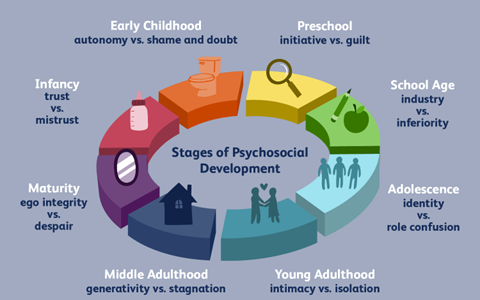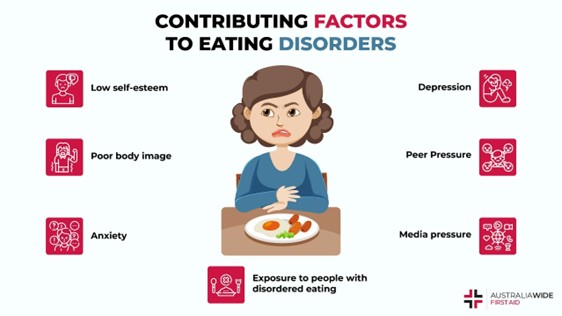According to Erickson’s Psychological theory of development, chronic illness can interfere with which stage of development in a 6-year-old scholar kid?
Trust versus mistrust
Autonomy versus shame and doubt.
Industry versus inferiority
Identity versus role confusion.
The Correct Answer is C
The Industry versus Inferiority stage occurs during the ages of 6 to 12 years old. At this stage, children start to develop a sense of competence and work towards mastering new skills. Success during this stage leads to a sense of pride, while failure leads to feelings of inferiority.
Chronic illness can interfere with a child's ability to develop a sense of competence and mastery, leading to feelings of failure and inferiority. This can have a negative impact on their self-esteem and overall development.

Nursing Test Bank
Naxlex Comprehensive Predictor Exams
Related Questions
Correct Answer is C
Explanation
A systolic blood pressure of 62 mm Hg indicates severe hypotension and is a medical emergency. This is a life-threatening situation that requires immediate hospitalization for stabilization and treatment. Clients with eating disorders are at risk of electrolyte imbalances, cardiac complications, and other medical complications due to malnutrition and dehydration. While the other options are also abnormal findings, they are not as severe as the critically low blood pressure measurement. Therefore, the priority for hospitalization would be the client with severe hypotension.

Correct Answer is D
Explanation
A full bladder can help improve the quality of an abdominal ultrasound by pushing the intestines out of the way and providing a clearer view of the uterus and baby.

Whether you are a student looking to ace your exams or a practicing nurse seeking to enhance your expertise , our nursing education contents will empower you with the confidence and competence to make a difference in the lives of patients and become a respected leader in the healthcare field.
Visit Naxlex, invest in your future and unlock endless possibilities with our unparalleled nursing education contents today
Report Wrong Answer on the Current Question
Do you disagree with the answer? If yes, what is your expected answer? Explain.
Kindly be descriptive with the issue you are facing.
